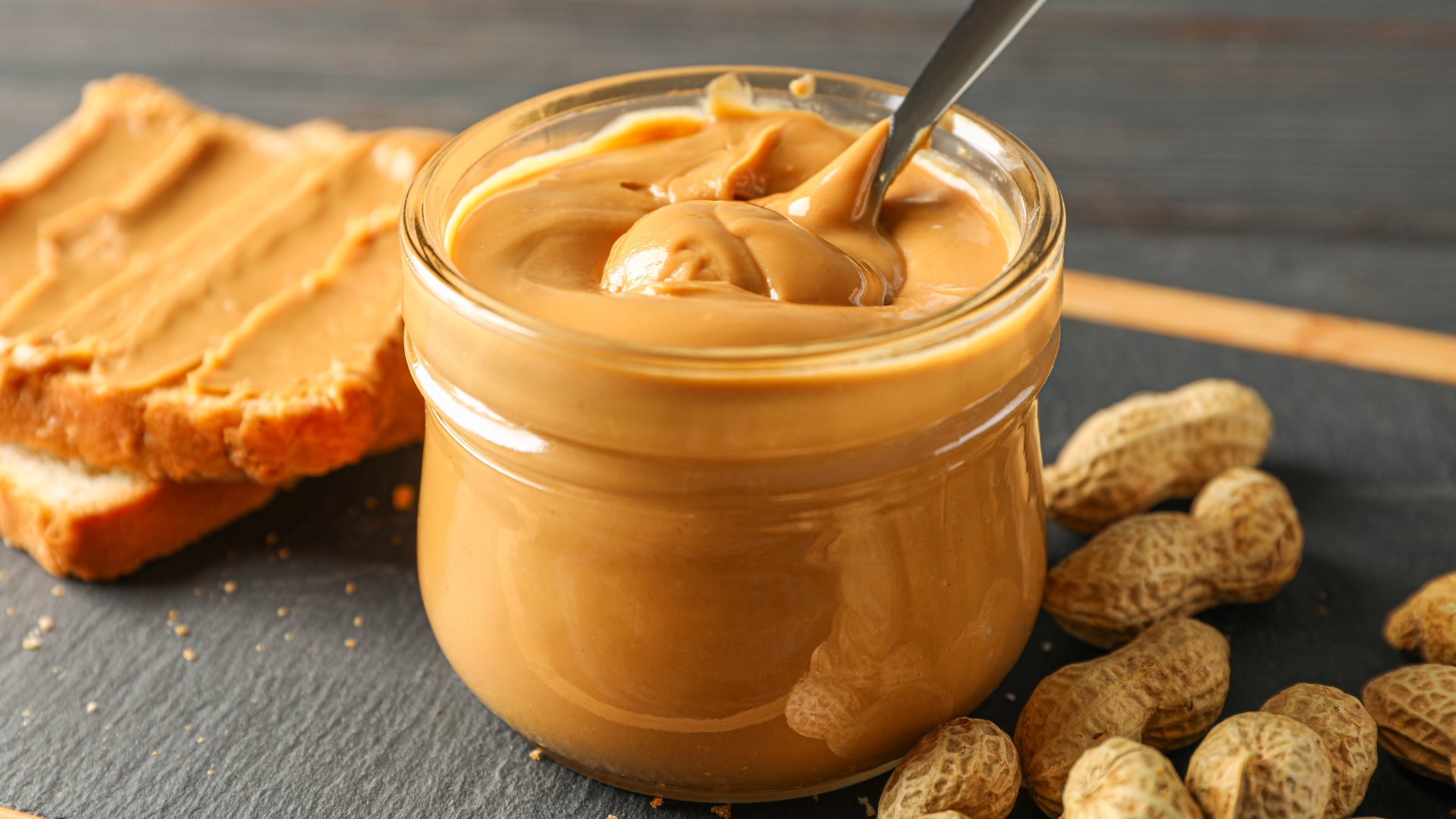
Peanut butter is one of the most popular spreads in the world—loved for its creamy texture, nutty taste, and versatility. But while some hail it as a healthy, protein-rich food, others warn against its high fat and calorie content. So, is peanut butter good or bad for your health? The answer depends on the type, the portion, and how it fits into your overall diet.
Table of Contents
The Good: Health Benefits of Peanut Butter
1. Rich in Nutrients
Peanut butter is a powerhouse of nutrients. It provides:
-
Protein: Helps with muscle building and repair.
-
Healthy fats: Mainly monounsaturated and polyunsaturated fats, which support heart health.
-
Vitamins and minerals: Such as vitamin E, magnesium, potassium, and B vitamins.
2. Heart-Friendly Fats
Natural peanut butter contains heart-healthy fats similar to those found in olive oil and avocados. These fats can help lower bad cholesterol (LDL) levels and reduce the risk of heart disease when eaten in moderation.
3. High in Antioxidants
Peanuts contain resveratrol and other antioxidants that protect the body from oxidative stress and inflammation, which are linked to chronic diseases like cancer and heart conditions.
4. Aids in Weight Management (When Eaten Wisely)
Although calorie-dense, peanut butter can promote satiety due to its fat and protein content. When consumed mindfully, it can actually help reduce cravings and prevent overeating.
5. Supports Blood Sugar Control
Peanut butter has a low glycemic index and doesn't spike blood sugar levels drastically. When paired with fiber-rich or complex carb foods, it can help maintain more stable energy levels.
The Bad: When Peanut Butter Can Be Unhealthy
1. Added Sugars and Hydrogenated Oils
Many commercial peanut butters contain added sugars, salt, and partially hydrogenated oils (trans fats), which can negate the health benefits. These additives are linked to inflammation, heart problems, and weight gain.
2. High Calorie Density
Just 2 tablespoons of peanut butter contain around 190–210 calories. Overeating it—especially without adjusting other calories—can lead to weight gain, even if it’s “healthy.”
3. Potential Allergens
Peanuts are among the most common food allergens. For those allergic, peanut butter can trigger severe reactions and should be strictly avoided.
4. Aflatoxin Risk
Peanuts may be exposed to aflatoxins (a type of mold toxin) during improper storage. While most commercial brands test for safety, aflatoxin exposure has been linked to liver problems in the long term.
How to Enjoy Peanut Butter the Healthy Way
-
Choose natural peanut butter: Look for versions with just peanuts (and maybe a little salt)—no sugar, oils, or additives.
-
Watch your portion: Stick to 1–2 tablespoons per serving.
-
Pair it smartly: Spread on whole grain bread, mix into oatmeal, or eat with fruits like apples or bananas for a nutrient-rich snack.
-
Store properly: Keep in a cool, dry place to avoid spoilage and mold growth.
Peanut butter is neither inherently “good” nor “bad.” It can be a nutritious and satisfying part of a balanced diet when chosen wisely and consumed in moderation. The key lies in picking clean, natural versions and being mindful of how much you eat. As with most foods, balance is everything.


